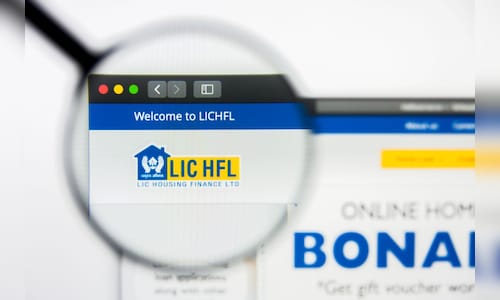Sanofi's $20 Billion US Investment Sparks French Government Concerns

France's Finance Minister Bruno Le Maire has voiced concerns over Sanofi's decision to invest at least $20 billion in the United States over the next decade. The move, announced recently, sees the French pharmaceutical giant committing substantial capital to projects and facilities across the Atlantic, prompting a debate about investment strategies and national economic priorities.
Le Maire's criticism highlights France's ambition to attract and retain domestic investment, aiming to bolster its own economy and create jobs within the country. The government has been actively pursuing policies to encourage businesses to invest in France rather than seeking opportunities abroad. Sanofi's significant investment in the US is viewed as a potential setback to these efforts.
Why is Sanofi Investing in the US?
Sanofi’s rationale for the substantial US investment is multifaceted. The American market represents a significant portion of the global pharmaceutical industry, offering access to a large patient population and a robust research and development ecosystem. The company cited factors such as access to skilled talent, advanced technology, and a favorable regulatory environment as key drivers behind the decision. Specific areas of investment are expected to include new manufacturing facilities, research hubs, and potentially acquisitions of US-based biotech companies.
“We want to retain our champions,” Le Maire stated, emphasizing the importance of supporting French companies and fostering an environment conducive to growth within the country. He expressed his desire to understand the specifics of Sanofi's investment plans and explore ways to encourage similar companies to prioritize investment within France.
Impact on France's Economic Strategy
This situation underscores a broader challenge for France and other European nations – competing for investment in a globalized economy. Governments are increasingly focused on creating attractive investment climates through tax incentives, infrastructure development, and streamlined regulations. Le Maire’s reaction signals a proactive approach to safeguarding French economic interests and ensuring that domestic companies remain committed to contributing to the nation’s prosperity.
The French government is now likely to intensify its efforts to attract foreign direct investment and incentivize domestic companies to expand within France. This may involve reviewing existing tax policies, offering targeted support for key industries, and promoting France as a hub for innovation and technological advancement.
While Sanofi’s investment in the US is undoubtedly a significant development, it also serves as a catalyst for France to reassess its economic strategy and double down on its efforts to create a thriving business environment. The long-term impact of this decision on both France and the US remains to be seen, but it has undoubtedly sparked a crucial conversation about the future of investment and economic competitiveness.





